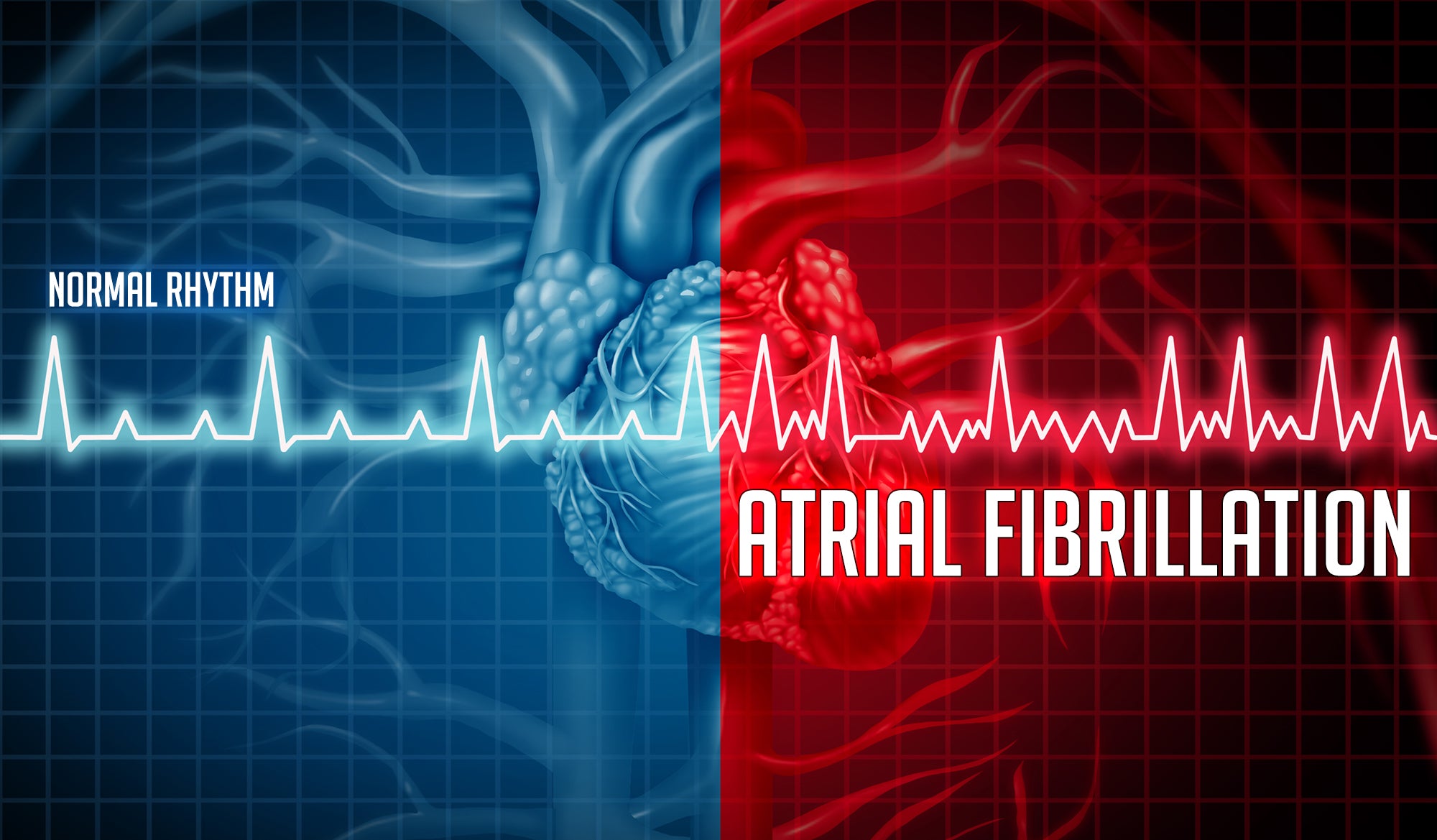Can Smartwatches Detect AFib?

Atrial fibrillation (AFib) is a common heart rhythm disorder that can lead to serious complications if left untreated. It is characterized by irregular and often rapid heartbeats, which can increase the risk of stroke, heart failure, and other heart-related complications. Detecting AFib early is crucial for effective management and prevention of these complications.
Smartwatches equipped with ECG (electrocardiogram) functionality have emerged as a valuable tool for detecting AFib. These devices use advanced sensors to monitor the heart's electrical activity and can provide valuable insights into heart health. Let's explore how ECG, along with other metrics such as heart rate, QT interval, and HRV, can help in the early detection of AFib.
ECG (Electrocardiogram): ECG is a primary tool for diagnosing AFib. It measures the electrical activity of the heart and can detect irregularities in heart rhythm indicative of AFib. Smartwatches like the PulseNexa ECG Wristwatch offer ECG functionality that allows users to take a quick ECG reading anytime, anywhere. These readings can then be analyzed to detect AFib and other heart rhythm abnormalities.
Heart Rate: An irregular and often rapid heart rate is a common characteristic of AFib. Smartwatches continuously monitor heart rate and can alert users to any abnormal increases or irregularities that may indicate AFib. By tracking heart rate patterns over time, smartwatches can provide valuable data for detecting AFib.
QT Interval: The QT interval is a measure of the time between the start of the Q wave and the end of the T wave in the heart's electrical cycle. A prolonged QT interval may indicate an increased risk of arrhythmias, including AFib. Smartwatches with ECG functionality can measure the QT interval and provide insights into heart rhythm abnormalities.
HRV (Heart Rate Variability): HRV refers to the variation in time between consecutive heartbeats. It is a measure of the autonomic nervous system's influence on heart rate and can provide insights into heart health. Changes in HRV may indicate underlying heart rhythm disorders, including AFib. Smartwatches that track HRV can help in the early detection of AFib by detecting changes in heart rhythm patterns.
The Role of PulseNexa ECG Wristwatch: The PulseNexa ECG Wristwatch offers advanced ECG functionality that can help in the early detection of AFib. By continuously monitoring ECG, heart rate, QT interval, and HRV, the PulseNexa watch provides users with valuable insights into their heart health. However, it's important to note that while smartwatches can be a useful tool for detecting AFib, they are not a replacement for professional medical advice. If you have concerns about your heart health, consult a healthcare professional for a proper diagnosis and treatment plan.
In conclusion, smartwatches equipped with ECG functionality can play a valuable role in the early detection of AFib. By monitoring ECG, heart rate, QT interval, and HRV, these devices can provide users with valuable insights into their heart health and help them take proactive steps to manage their condition.
